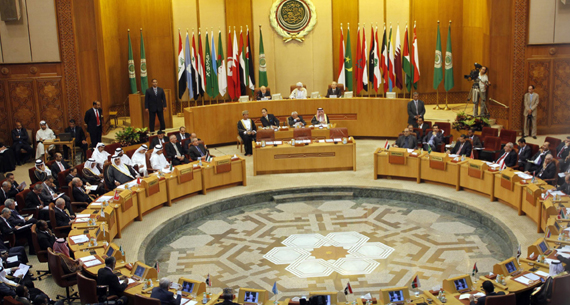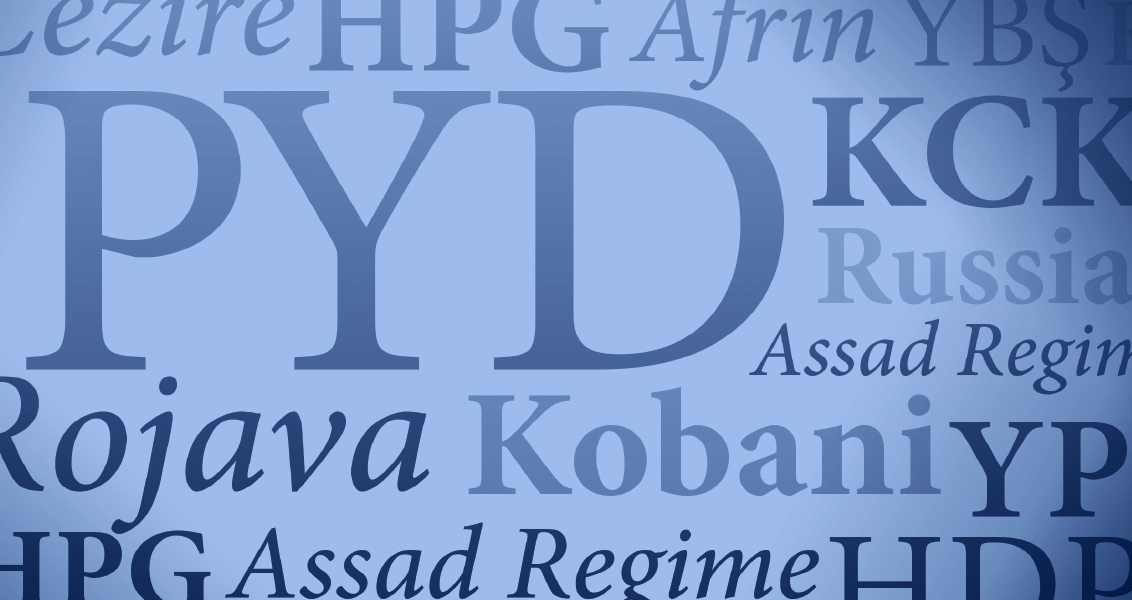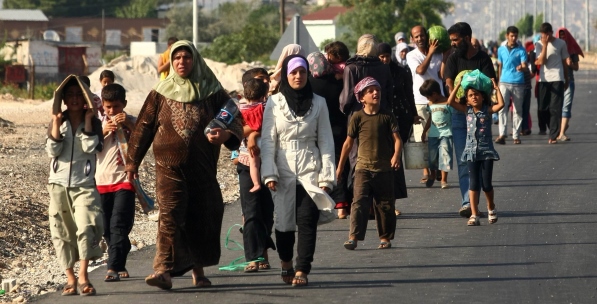Suspension of Syria’s Arab League membership in November 2011 could be characterized as a turning point in Arab league’s 66-year old history. By condemning the Syrian and Libyan regimes for disproportionate use of violence against their own people, the Arab League has somewhat found rightful the demand of Arab people. the League has signaled with these decisions that it would move away from ideas of Arab nationalism and Arab unity in pursuit of further integration with the international system.
On the other hand, the authoritarian state systems of most of the member states of the League make it difficult to regard Arab League decisions as steps supporting democracy. The League’s “democratic stance” is an outcome of the pressure of revolutions as much as of harmony of interests among the member states. Even though strengthening democracy in the region seems like an unrealistic desire of member states, these decisions push each member towards thinking about change and thus pave the way for democratic reform process.
The study at hand consists of two parts. The first part addresses the League’s policy proposals, decisions, and reactions regarding the Syrian crisis and concentrates on what these all policy measures mean for the League as a regional organization. The second part examines regional dynamics that play a crucial role in the current crisis by looking at different positions of regional and global actors on the Syrian crisis.









